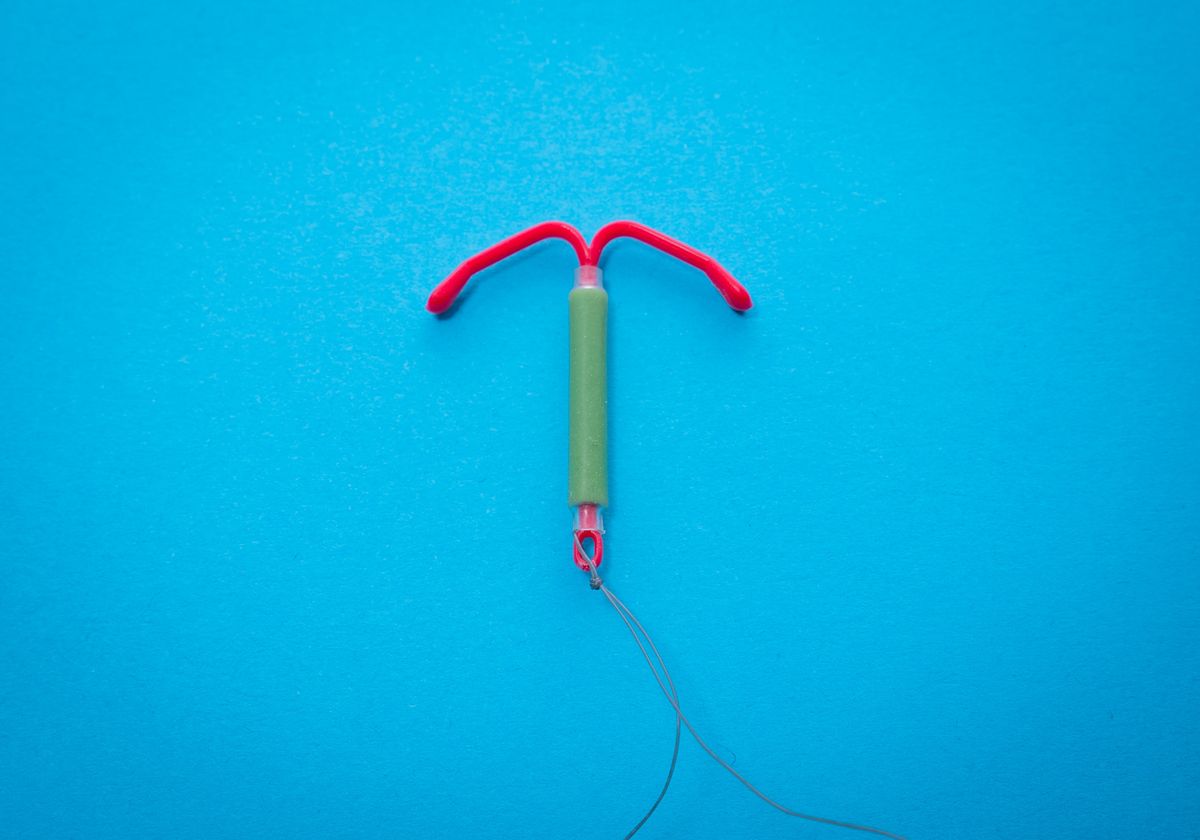Birth control is a largely under-discussed topic in India, with many women unaware of the available and necessary contraceptive options. We at Aara Health wanted to share and spread much needed information around birth control, especially the different kinds! Our Instagram Live with Dr. Simran Ganeriwal shed light on this important topic! During this discussion we answered some crucial questions our community had regarding contraception and busted popularly believed myths too. Here is a summary of our discussion.
Dr. Ganeriwal: There are 3 categories of general contraception available.
- Barrier Contraception – A physical barrier to fertilization.
Examples: Condoms, Female Condoms
- Hormonal Contraception – Injection/pill of hormone that prevents fertilization.
- Long Term Contraception – Works up to 3-5 years, not a daily task.
- Emergency Contraception – Taken after unprotected intercourse when you are not protected from any other form of contraception
Aara Health: Can you talk to us about the oral contraceptive birth control pill?
Dr. Ganeriwal: Combined oral contraceptive pill is the most common method of birth control used by women everywhere. What is lesser known is that there are 2 types of birth control pills:
- Combined Pill – contains combination of both estrogen and progesterone (two hormones that control your menstrual cycle), usually taken by younger women
- Progesterone Pill – contains only progesterone, and used mainly by older women who have other health problems that does not permit them to take the combined pill.
They both work differently, and have different side effects too!
Aara Health: A major factor that discourages women from taking birth control pills is the association with weight gain – how true is that?
Dr. Ganeriwal: This is something that has been widely studied in the medical community, and there has not been any association found between taking the oral contraceptive pill and weight gain. However, there is an association with age-related weight gain, which is that as women age, they tend to gain weight. But a lot of the times that effect is confused with contraceptive pills. There is no medical evidence that it causes weight gain.
There is a small subset of women however, who see a rapid weight fluctuation when they start taking the pill, but this can be an increase or decrease in weight, and this usually reverses when they stop taking the pill. But this is a very small number of people!
Aara Health: Thank you for busting that myth! Similar to this, there is widely believed conception that birth control pills lead to infertility – is that true?
Dr. Ganeriwal: This is once again a myth! I think this largely stems from feminist related issues where women do not feel in control of their bodies. You can stop your birth control pill and get pregnant as soon as 2 weeks later, there is absolutely no delay in return to fertility. There are some methods of birth control like the progesterone injection, where you can take up to a year to return to fertility, but again, there is no permanent infertility caused by any contraceptive methods.
Aara Health: Is it safe to smoke cigarettes when taking the contraceptive pill?
Dr. Ganeriwal: This is a really great question, and one that is actually based in science. Women over the age of 35, who are heavy smokers, you do have a high risk of developing a blood clot if you are the combined birth control pill. Hence, for those women we recommend that they go on the progesterone only pill, which does not cause your blood to clot.
Aara Health: What are some side effects of taking the contraceptive pill?
Dr. Ganeriwal: Side effects are very common when you first start taking the pill, especially for the first few months. It is even more common in the progesterone only pill, where you can experience side effects up to the first 6 months. The most common side effect is irregular bleeding, in the week that you aren’t taking the pill, you might not get your period at all, your period may start and stop, or you may even have a very light period. These are all normal changes. Another common side effect is nausea, a great tip for this is to take it with food, and to take it at bedtime, which helps to reduce nausea.
Aara Health: Can you talk to us about emergency contraceptives, and particularly any side effects to watch out for?Is it safe?
Dr. Ganeriwal: So, one myth surrounding emergency contraception is that you can only take it a certain number of times. This is once again not true, it is safe to use multiple times when needed. The side effects from emergency contraception are a lot more than those from regular oral contraceptive pills. There are different types, the main one in used in India is called ‘i-pill’, which is a progesterone only pill. Another one available worldwide is called ‘ellaOne’ – this is not popular in India, but the advantage it has over the ‘i-pill’ is that it is effective up to 5 days.
All available emergency contraceptive pills in India are progesterone only pills, and effective up to only 72 hours, and the risk of pregnancy increases as each hour goes by, so it is best to take it as soon as possible.
